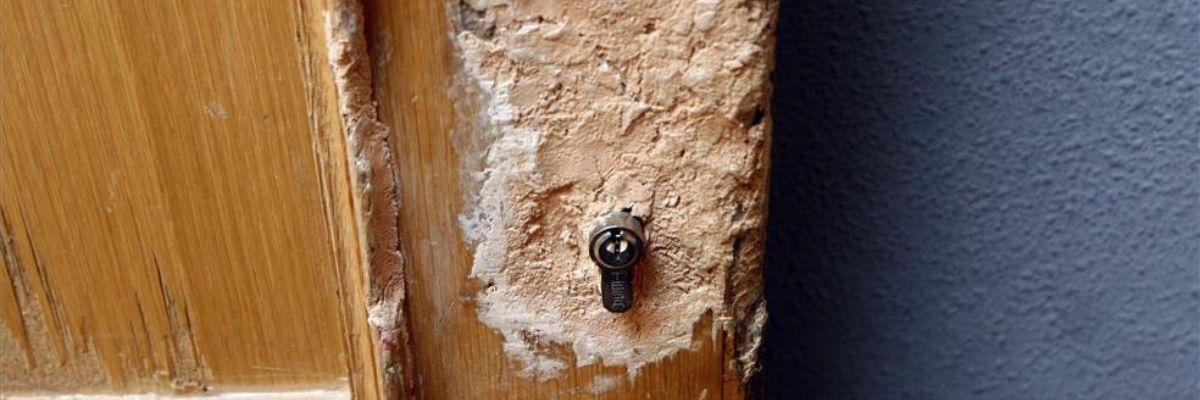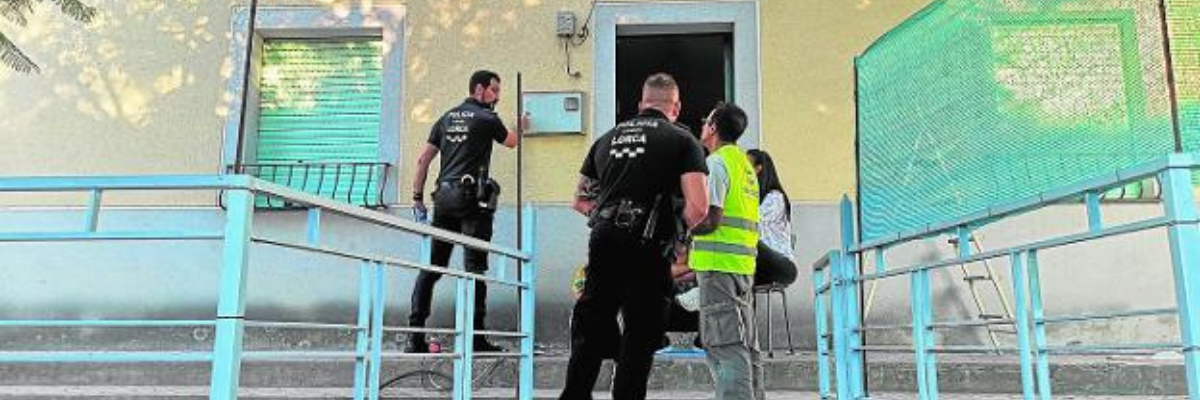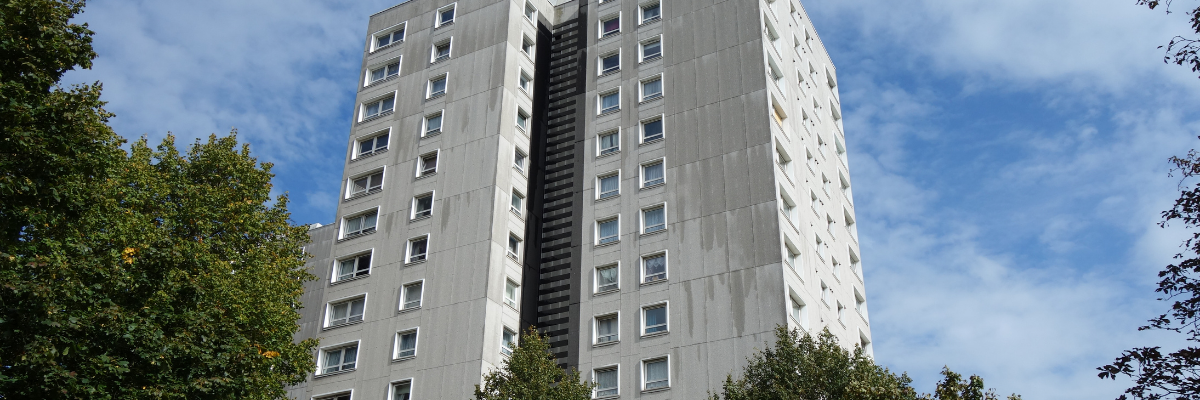
Does an illegal occupancy in a property carry more legal force than the property deed? This is a question many owners are asking themselves in light of news of the occupation of houses and the slowness of the legal system in returning them to their owners. The feeling of helplessness, particularly with the existence of organised occupations and the unrest created by confrontations between okupas and residents, calls for quick and effective solutions.
The second home is also a private dwelling
The main targets of the occupations are vacant and empty buildings belonging to banks or investment funds, but the media coverage of other types of occupations during the pandemic, particularly of second homes, has caused debate between those who are calling for legal amendments and those who state that this is not necessary based on the fact that the current law offers adequate regulation if action is taken quickly, particularly following legal amendments in 2018.
On that same page are the latest instructions from the Public Prosecutor’s Office (FGE) to the different prosecutors and from the Ministry of the Interior to the security forces, enabling the latter to intervene quickly when faced by unauthorised occupations. On the one hand we have legal instructions –highlighting confirmation that the second residence is also a private dwelling, and therefore that its illegal occupation constitutes the crime of breaking and entering– and on the other hand a protocol has been designed for direct and immediate action by the national police or civil guard enabling the eviction of illegal occupants without having to wait for legal procedures.
Breaking and entering and usurpation
Two documents have been issued. Instruction 1/2020 of the FGE established on September 15 that the consideration of the second residenceas a private dwelling when it is used occasionally and at weekends, is key, based on jurisprudence and giving it the same legal status as that of the main dwelling. This detail is relevant because the Criminal Code provides for different treatment depending on whether the occupied propertyis the owner’s private dwelling, with greater sanctions being applicable, or not.
Developing this consideration further, in both types of property illegal occupation is understood to be breaking and entering;in view of this situation a second document, Instruction 6/2020, issued two days later by the Ministry of the Interior through its State Secretariat for Security, established an action protocol enabling the State Security Bodies and Forces not only to evict squatters from a property if there is a flagrant offence, but also, where applicable, to identify the occupants and detain them.

Different action will be taken when the property is not a private dwelling, in which case the illegal occupation is classified as usurpation. In these circumstances the security forces may also intervene immediately when they discover a flagrant offence, also without waiting for judicial measures. However, if it is not possible to identify usurpation taking place at the time, eviction will require prior judicial authorisation. The owner must prove their ownership and express their objection to the usurpation, while on the other hand it will be checked that there is no legal title legitimising the occupant or occupants. If this is the case it will be possible to apply for the precautionary measure of eviction.
With the aim of being able to intervene as quickly as possible, the mobile app Alertcops, recommended by the national police and the civil guard, has added a function to notify them when any illegal occupation is discovered. The information can be sent by both victims of the crime and witnesses to it and thisapp clearly offers residents in developments and communities of property owners a way of reporting illegal occupationboth in their building and in their neighbourhood.
Vulnerable groups
However, we must not forget that many cases of occupation involve people or families with real, unfeigned social vulnerability, something that the instruction to the security forces attempts to take into account. In fact, it converts the security forces into facilitating agents who must urgently refer the case to social and assistance institutions for immediate action, particularly where the people involved are children, disabled, in poverty or in extreme need.
Criminal groups and unrest
All these measures provide a response to a state of social anxiety that is not just related to acts of illegal occupation. The current situation has exposed the calculated strategies used in many cases by the people who occupy these properties, providing false rental or sale contracts which help to strengthen the occupancy or at least delay eviction.
In order to combat this tactic, the Ministry of the Interior has established guidelines for improving the statements produced by the national police or civil guard on any breaking and entering or usurpation: these reports must now be more detailed, so that when they are forwarded to the Administration they facilitate judicial resolution, restoration of the property to its owner and reparation of damage. “In a not insignificant percentage of cases –even the FGE Instruction recognises–, property occupations are carried out within what is referred to as organised crime, i.e. by national or transnational criminal groups or organisations.”

Furthermore, it involves activities by criminal groups that are not new and have not just appeared during the pandemic. Two years ago, the preamble to Law 5/2018, which amended the Law on Civil Procedure in its application to the illegal occupation of property, described, as retained in part by the FGE, these modus operandi. Then it spoke clearly about the premeditated money-making regimes that are still in force today. “Illegal occupation has even taken place in rented social housing for people in very precarious financial situations or properties belonging to elderly people with few resources –reported the aforementioned preamble– and the illegal occupiers have demanded payments to leave them in exchange for immediate housing, or have extorted money from the owner or legitimate holder of the property in order to obtain financial compensation as a condition for recovering the property which they own or for which they have legitimate possession. Hence the current protocol for the security bodies wants to strengthen the investigations into these criminal groups.
A different scenario?
Applying the instructions from the FGE and the Ministry of the Interior resulted in a different scenario in relation to illegal occupation, or perhaps a different reality. The new measures, that aspire to protect property owners and legitimate occupants –attention for the issue of people with real social vulnerability is relegated to other spheres–, therefore open a period of observation, that will confirm whether they are effective or not.